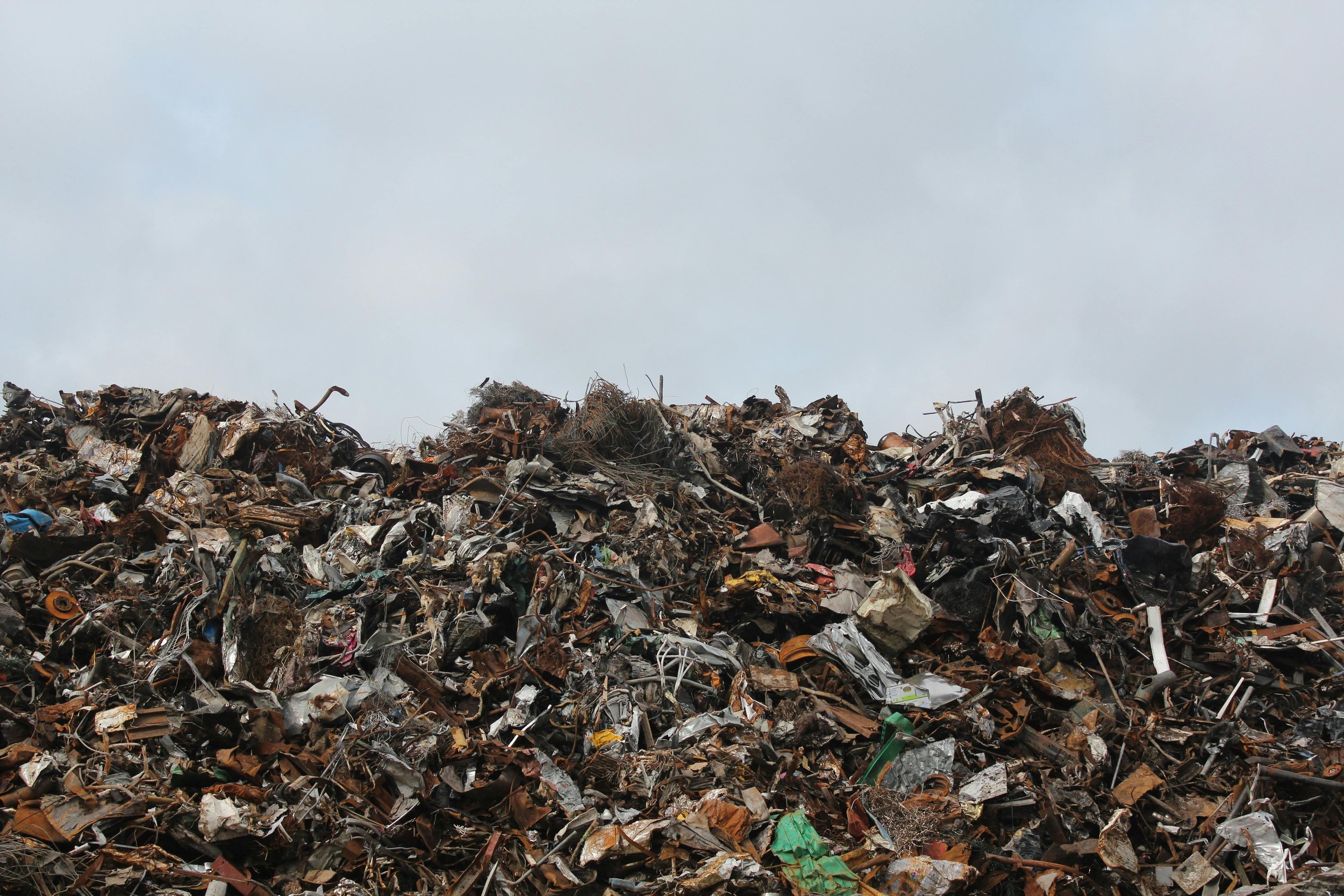
Addressing Plastic Waste in Crisis Zones: ANIPH
(Avoiding the Negative Impacts Produced by Plastic Materials in Humanitarian Contexts)
ANIPH (Avoiding the Negative Impacts Produced by Plastic Materials in Humanitarian Contexts) is a Horizon 2025 project aimed at addressing plastic pollution in disaster and conflict zones. This project focuses on replacing single-use fossil-based plastics with biodegradable PHA materials, particularly in healthcare and packaging applications. ANIPH leverages AI to predict the biodegradability and ecotoxicity of PHA, ensuring sustainable practices in these challenging environments.
Importance of the Initiative
Humanitarian contexts often rely heavily on single-use plastics for medical supplies and packaging, exacerbating plastic waste in areas that already face significant environmental challenges. ANIPH is critical in addressing this issue by providing sustainable, biodegradable alternatives that reduce the ecological footprint of humanitarian operations. By integrating AI, the project also ensures that the materials used are tailored to specific environmental needs, further optimizing their biodegradability.
Local and Global Impacts
Locally, the initiative will have a profound impact on communities affected by conflict or disaster by reducing the waste burden and environmental degradation caused by plastic pollution. This creates a cleaner, safer environment for affected populations. Globally, ANIPH sets a precedent for incorporating sustainable materials in crisis management and emergency relief efforts, aligning with broader circular economy principles and influencing how international aid organizations approach plastic use.
Expected Outcomes
Reduction in plastic waste in humanitarian contexts.
Introduction of biodegradable PHA materials in healthcare and packaging.
Increased use of AI to predict material performance in various environments.
Development of sustainable practices that can be scaled across humanitarian efforts globally.
ANIPH represents a significant step forward in reducing plastic pollution in crisis zones. By introducing biodegradable PHA materials and utilizing AI-driven sustainability practices, the initiative not only mitigates environmental harm but also sets a new standard for humanitarian aid efforts. The project's alignment with circular economy principles ensures that it will have both immediate and long-lasting positive impacts on local communities and the global fight against plastic pollution.
For more information please contact Maximilian Lackner.
